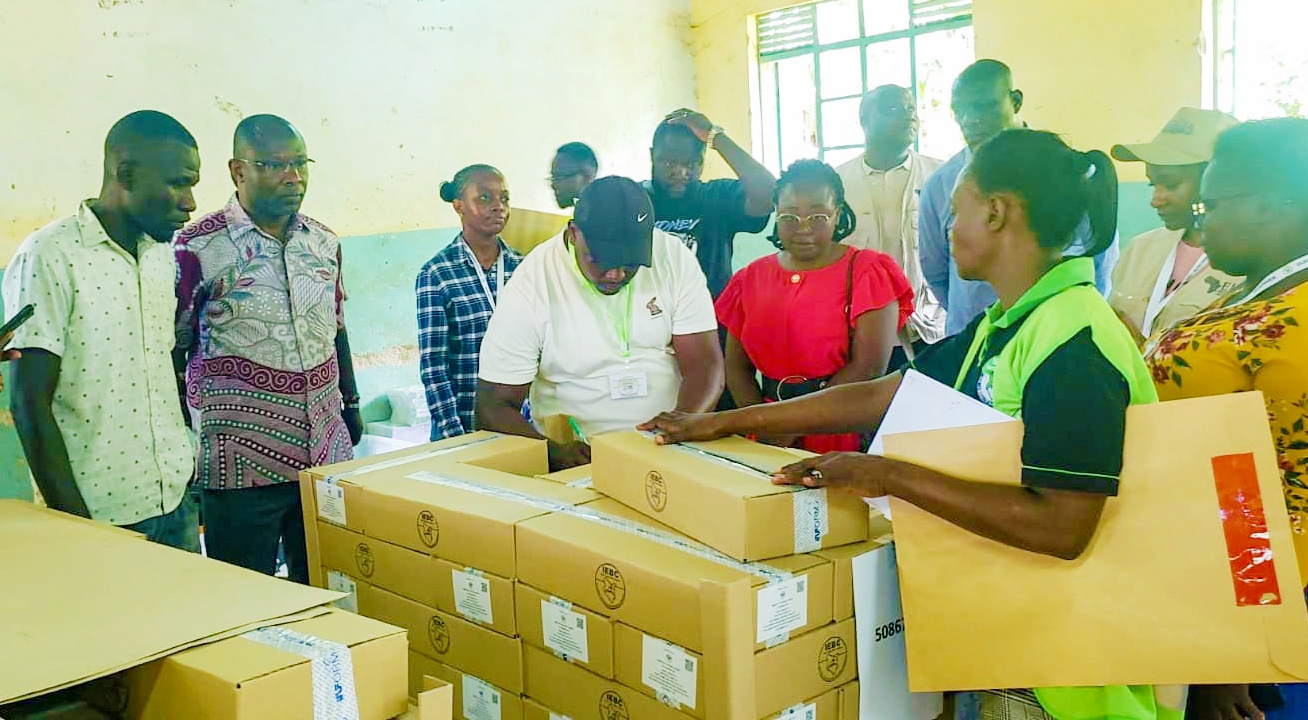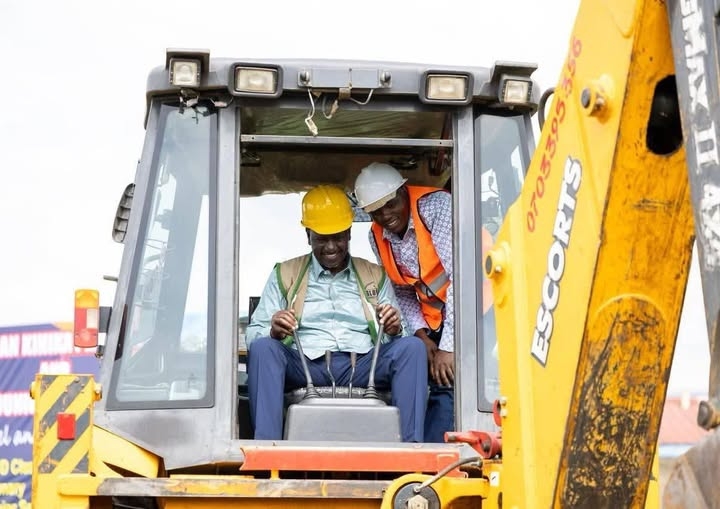Innovative youth have two weeks to apply to present their projects to access up to Sh1 million worth of business support, mentorship and training in a programme funded by the World Bank
The call for innovations under the Skies Business Incubation Programme 2024 seeks inventions in the sectors of manufacturing and value addition, agriculture, the creative economy, health and digital technologies.
The winners will also get expert support in fundraising, business development, intellectual property rights, marketing, business registration and legal compliance.
Mount Kenya University’s Donatus Njoroge, head of innovations, intellectual property and community engagement and the project lead, Donatus Njoroge, said those who qualify will get Sh1 million each in business support but not a cash grant.
The deadline is July 15 and people living with disability, women and marginalised groups are encouraged to apply.
“In the project, we will incubate 40 early stage businesses and offer technical business support up to December when the project ends and also post-acceleration phase. We will also implement our own performance improvement plans to position the innovation hub as a hallmark of excellence in SME support across the country,” Njoroge said.
Established in July 2022, the MKU Innovation and Incubation Centre was jointly funded by the Erasmus+ programme of the European Union. The multi-million shilling MKU hub is intended to support the life cycle of innovations, from inception to market diffusion and commercialisation.
It enables scientific findings, knowledge and intellectual property to flow from creators to the benefit of the community.
Kenya boasts a burgeoning number of an estimated 200 accelerators, incubators and tech bootcamp providers. The World Bank project aims to benefit 20 beneficiaries for track one and 16 beneficiaries for track two, along with 532 students who will receive scholarships for rapid tech skills training.
Apart from the World Bank, the Strengthening Kenya’s Innovation Ecosystem (Skies) programme aims to benefit intermediaries that incubate and accelerate enterprises engaged in various value chains. It is supported by the Kenya Industry and Entrepreneurship Project (KIEP), a USD 50 million (Sh6.46 billion) project implemented by the Ministry of Investments, Trade and Industry, Spineberg and E4Impact Foundation. The foundation invests charitable funds in business ventures for maximum impact and return.
Speaking during the launch of the project last year, Industry PS Juma Mukhwana said enterprise ecosystem intermediaries are key priority areas as they play a vital role. He said this should be well understood if Kenya is to nurture a robust startup enterprise ecosystem.
“Accelerators, incubators and tech bootcamp providers bridge the gap between startups and their transformation into thriving enterprises,” Mukhwana said.
He said the Kenyan entrepreneurship ecosystem has witnessed the emergence of numerous business incubators and accelerator initiatives mainly focused on ICT enterprises.
But while this growth has seen the flourishing of tech startup support networks, he said, it has also presented both advantages and challenges for these institutions.
David Cheboryot, E4Impact Foundation representative and one of the directors of the management firm, unveiled the initiative. He said Skies will be working on building intermediary capacity, empowering tech education and fostering an environment of collaboration, where intermediaries join hands to enhance startup support and share best practices and ecosystem learnings.
“Among the startup challenges identified are funding gaps (particularly in follow-up funding), policy fluctuations and regulatory adjustments,” Cheboryot said.

















